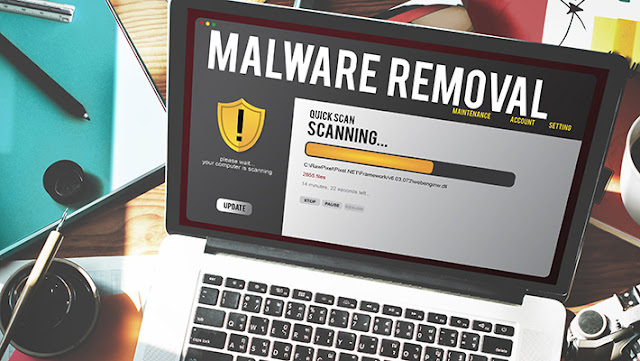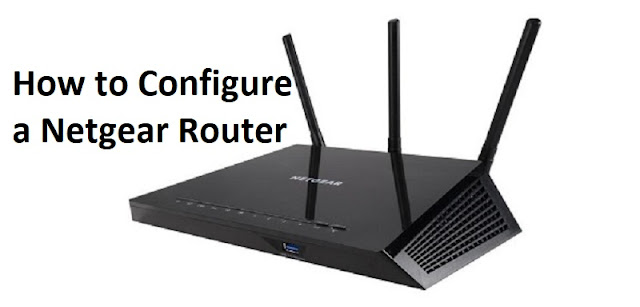Shielding Your Computer From Viruses and Internet Attacks
After you connect your PC to the world wide web, you open your computer up to a whole new universe of possible dangers. This is due to the fact that the world wide web is how most computer viruses have been transmitted in this era. Additionally, it is the easiest method for crackers and hackers to attack your pc from the opposite end of the planet.
The fantastic thing is that 90 percent of Web consumers are well-intentioned and also the bad news is that the additional 10% of net users can lead to mayhem. Read further to find out how to shield yourself from the actual dangers found on the internet and the way to guard your PC against them.
The Way to Cope With Computer Viruses
A computer virus has lots of similarities to a biological virus. It invades your personal computer system and replicates itself and in the procedure causes undesirable harm, exactly like a biological virus invades and strikes your own body's body, but a computer virus isn't a living entity.
A computer virus is a computer Programme that injects copies of itself into other programs in your own computer system. These generally invade adware Programme documents and system files in the heart of your computer system. Some viruses simply show an irritating message onto your display or send undesirable e-mails to everyone in your contact list, other more aggressive viruses really ruin your application programs or program details. The worst instances of them are often difficult to discover and to detach from the computer since they sneakily hide from monitoring and defend against elimination.
Normally the first signs of understanding your pc have been infected with a virus are as follows:
· Your system might begin to perform tasks totally by itself, like sending fictitious e-mails to individuals listed in your contacts list.
· A generally well-behaved program begins to behave erratically or crash.
· A document or two evaporate from your personal computer or becomes corrupted.
· Your machine starts acting a bit slow, crashes, or fails to start.
If your apparatus begins to display any of the above-mentioned and you've been on the worldwide web lately in the previous few days, then it will not look great, your system has likely been infected.
How A Virus Is Caught
When we discuss information with another computer or computer user, we risk exposing our computers directly to possible viruses.
From the pre-Internet days, viruses were mainly distributed from users putting documents. The virus hitched a ride onto the disc and jumped when obtained on a different computer.
Nowadays it's a lot more likely you'll catch a virus on the net. They may be downloaded from Web and FTP sites or simply by launching attachments from e-mails. Bearing this in mind, the most likely means to capture a virus now is through email, particularly email attachments. Users unknowingly infect their programs when they start executable files attached to e-mails, the email is benign itself and so will be your attachment until you click it to execute the application concealed inside. If you dismiss the attachment, then delete the attachment no harm will be done. Harm is only going to happen when you trigger the.EXE or.COM or.VBS or.BAT or.PDF document attached to the message.
Kinds of Viruses
Countless distinct viruses are discovered up to now. These germs come under several important distinct categories, based on what they do and how they do it. Listed here are the most frequent kinds of viruses.
· Worm. This kind of virus spreads copies of itself with no user interaction. Viruses that take charge of your pc and email themselves to additional customers are viruses and can disperse like rabbits on warmth.
· Macro Virus. This sort of virus infects all of the information files like Microsoft Word or Excel documents. These viruses rely upon pseudo-programming code in program documents to perform particular tasks in the background once you load a file in your application program.
· Script Virus. These viruses are composed in one of those script languages (ActiveX, VBScript, or Java) utilized to make certain Internet pages and email messages, and are triggered while the script is run. Virus-infected VBScript documents attached to email messages are possibly the most frequent method used to distribute viruses.
· Trojan Horse. A Trojan Horse is a Programme that pretends to be a different benign kind of Programme however, is really a virus in disguise. This sort of virus enters your system as a favorable Programme however if you're least expecting it goes to war onto your own system, like the legend of the Trojan Horse.
Protect Your System From Infection
The sole sure-fire way you may prevent the danger of getting a computer virus would be to not go online, never share discs, CD's and USB sticks, never put in a new bit of software on your computer. However, we could be proactive in reducing the chance of catching a virus on the Internet by following these simple steps:
· Do not open email attachments from unknown sources.
· Do not run any executable programs from email attachments.
· Do not accept files from people in chat rooms.
· Simply download programs from dependable and reliable sources.
· Use an antivirus program.
Employing An Antivirus Programme
Antivirus computer software programs are effective at discovering known viruses and protecting your system against new and unknown viruses. These programs assess your system each time you boot up your pc and may be configured to look at any programs you download on the net.
The hottest antivirus programs are as follows:
· Norton Anti Virus.
· Kaspersky Anti-Virus
Personal. There are dozens and dozens of different anti-virus programs to select from and whatever one you pick on you will have to go online occasionally to update the virus definition database the particular Programme uses to search for known viruses since new viruses are created each week.




Comments
Post a Comment